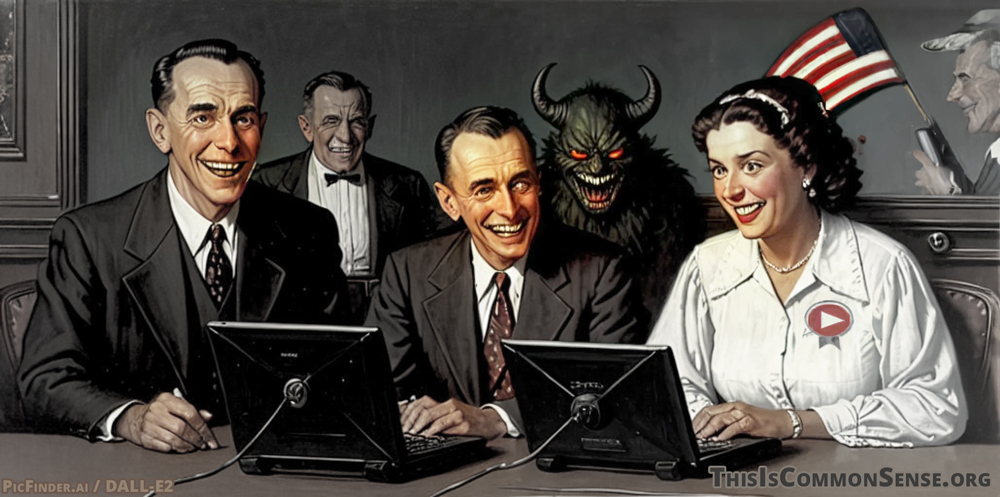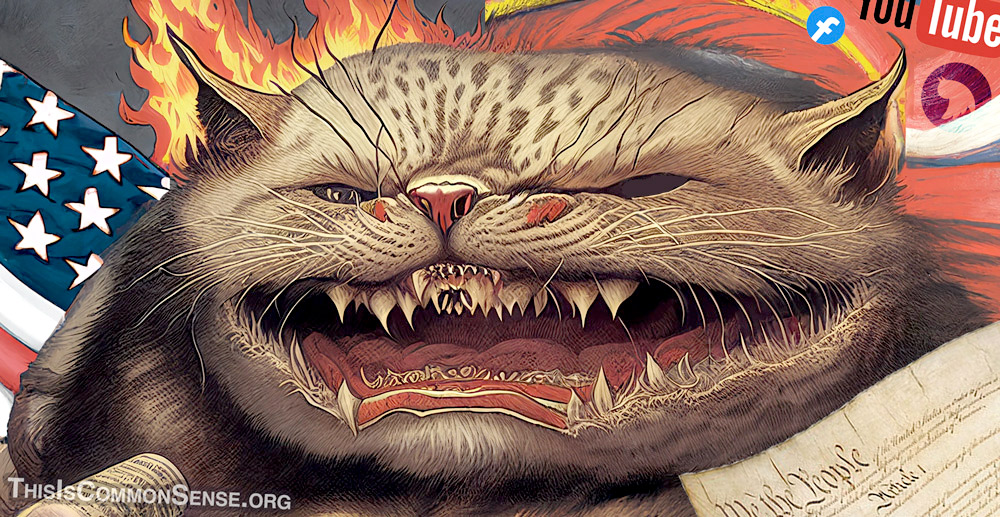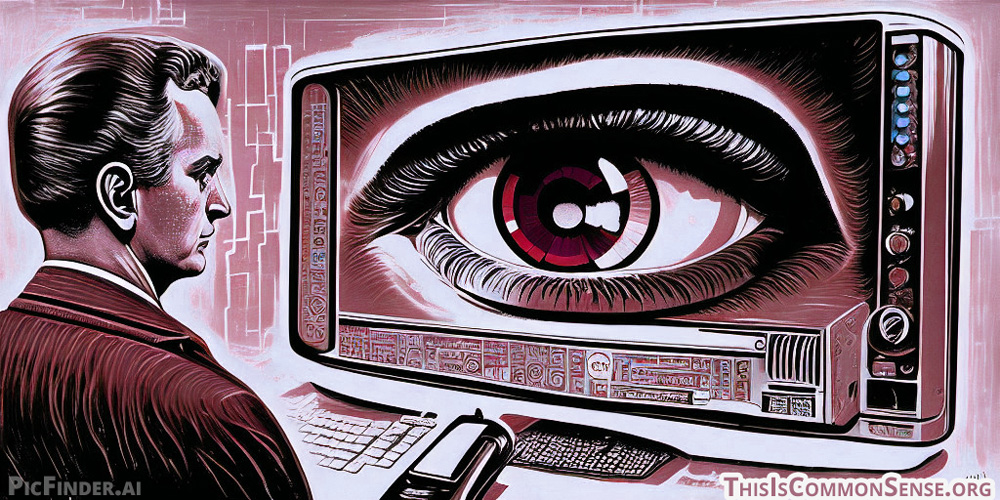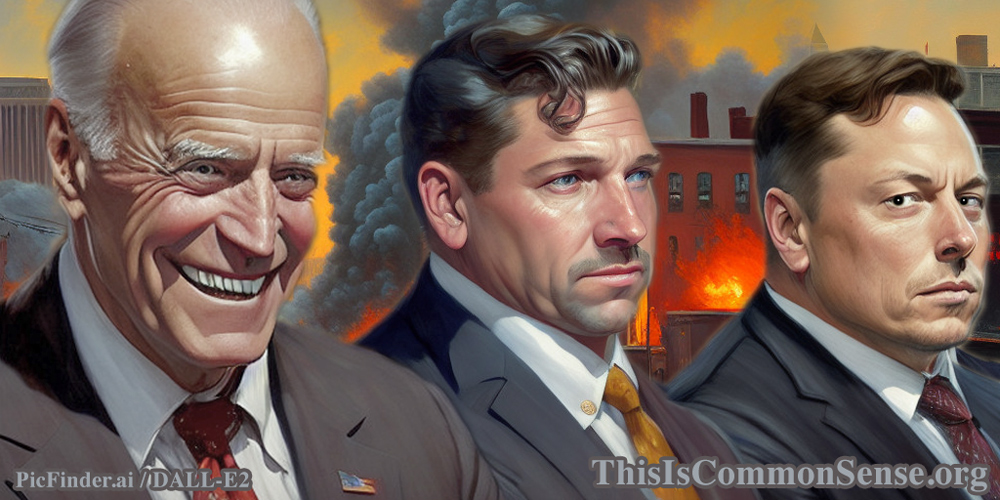Enthusiasts for prohibiting political dissent must know that the First Amendment protects the right to utter controversial speech.
They must know that there’s no constitutional loophole for speech that they disagree with.
Another “must know”? That calling the public statements of political opponents “misinformation,” “disinformation,” “hate speech,” etc. is no substitute for open discussion.
They just don’t care.
They just know that if they keep plugging away, struggling to muzzle the badspeech, they’re more likely to get their way than playing by the rules of free speech and open debate.
Their determination is well shown in a new California law, AB587, passed about a year ago. The law compels social media companies to institute moderation policies to squelch “hate speech,” “extremism,” “disinformation,” “misinformation,” “radicalization,” etc.
Although AB587 is anti-transparently called a “transparency measure,” main author Assemblyman Jesse Gabriel admits the point: to force social media companies to “moderate or remove hateful or incendiary content on their platforms,” like “hate speech and disinformation.”
Since Elon Musk’s Twitter is affected by the new law, Musk is suing to block it.
According to his lawsuit, AB587 “compels companies like X Corp. [Twitter] to engage in speech against their will, impermissibly interferes with [their] constitutionally protected editorial judgments” and “has both the purpose and likely effect of pressuring companies . . . to remove, demonetize, or deprioritize constitutionally protected speech that the State deems undesirable or harmful.”
Politically, Mr. Musk has emerged as one of the country’s most frustratingly contradictory figures, often doing great things, sometimes very bad ones. With this lawsuit, even his enemies must know he is in the right.
This is Common Sense. I’m Paul Jacob.
Illustration created with PicFinder.ai and DALL-E2
—
See all recent commentary
(simplified and organized)





